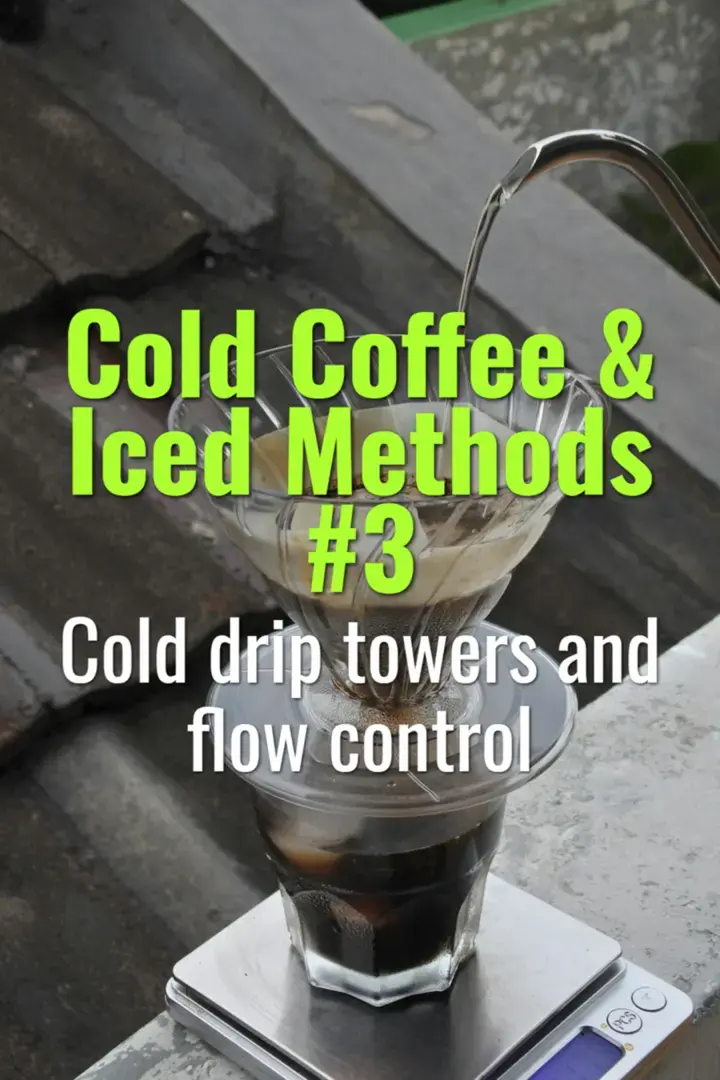
Cold drip towers and flow control
How cold drip towers work, the role of flow control in extraction, and how they differ from immersion cold brew methods.

How cold drip towers work, the role of flow control in extraction, and how they differ from immersion cold brew methods.
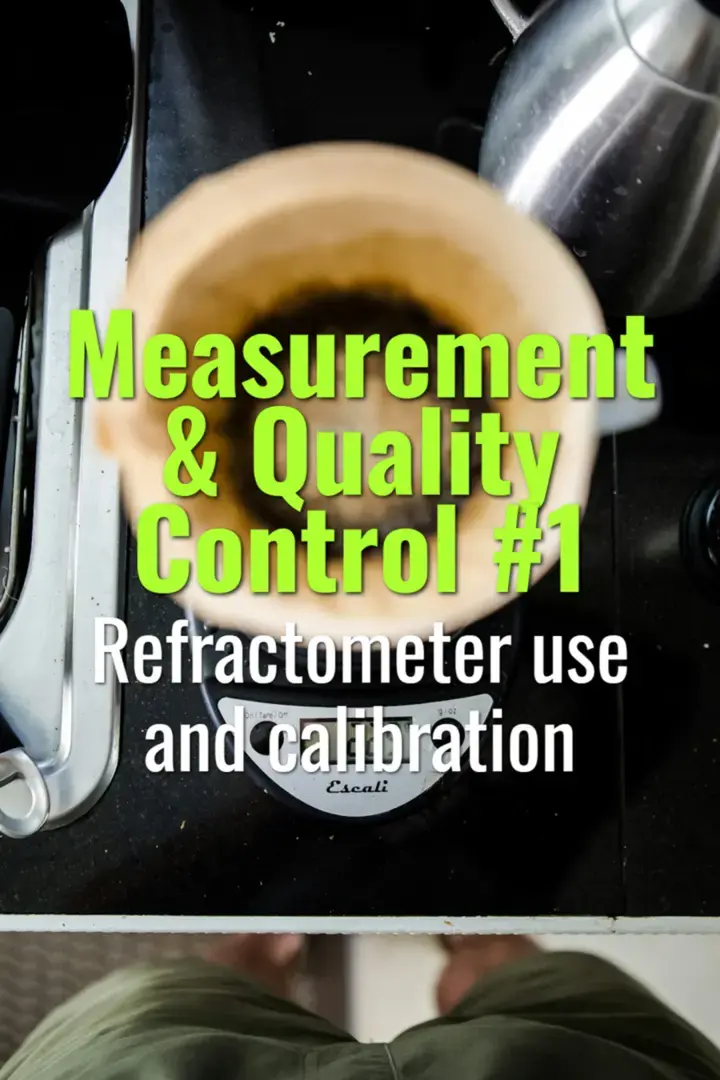
How to use and calibrate a coffee refractometer to measure TDS (Total Dissolved Solids) for quality control and consistency.
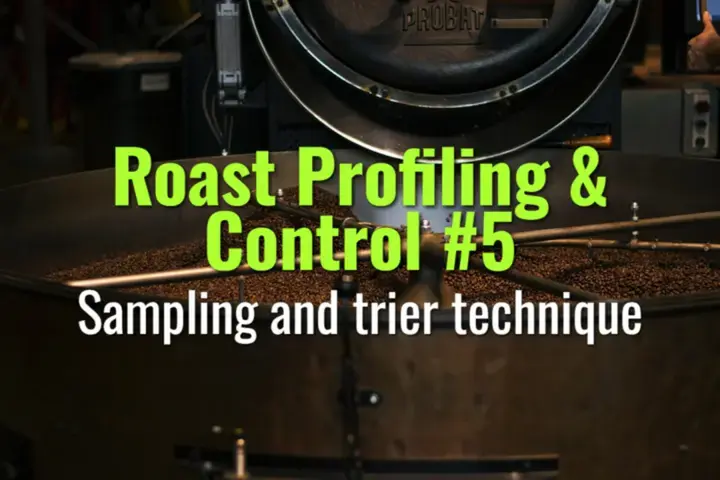
This topic covers how to properly sample coffee beans during roasting using a trier, ensuring accurate roast monitoring and consistency across batches.
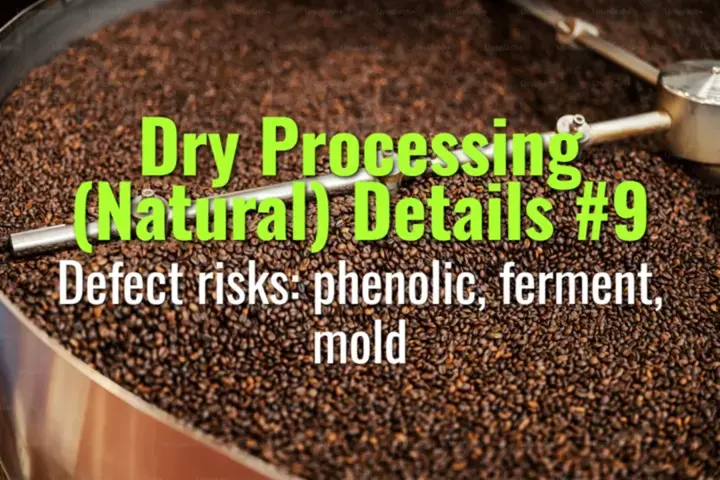
This topic explains the main defect risks in natural (dry) coffee processing—phenolic, ferment, and mold defects—how they arise, and strategies for prevention.
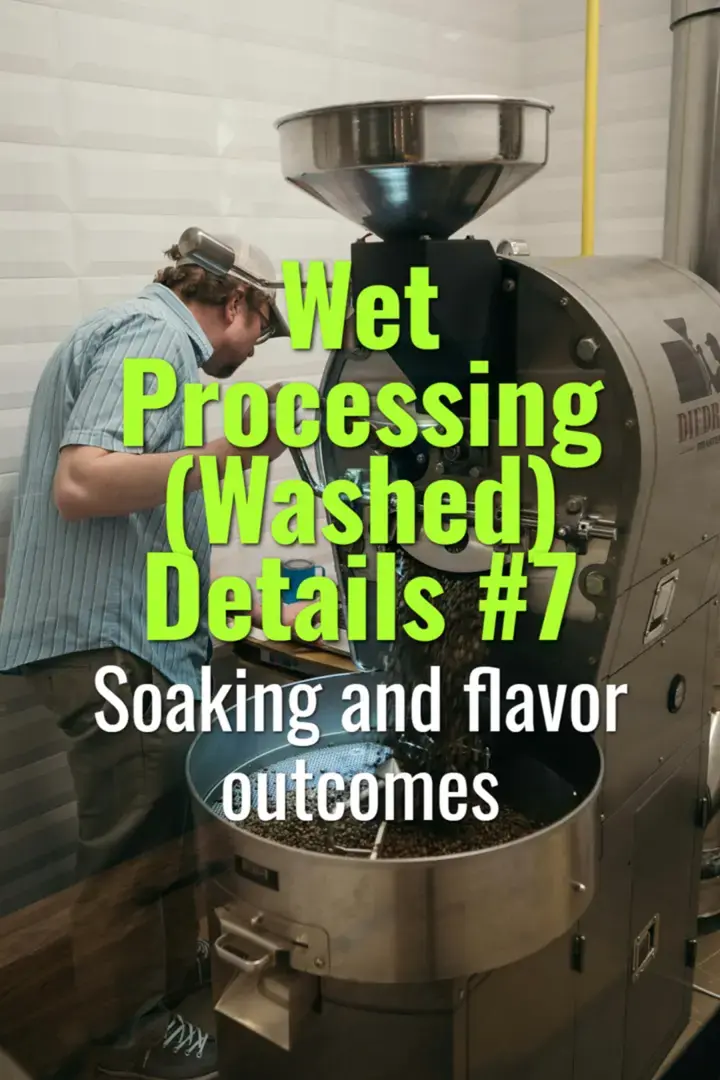
This topic explains the practice of soaking coffee after fermentation, why some origins use it, and how it affects flavor, cleanliness, and consistency in washed coffee profiles.
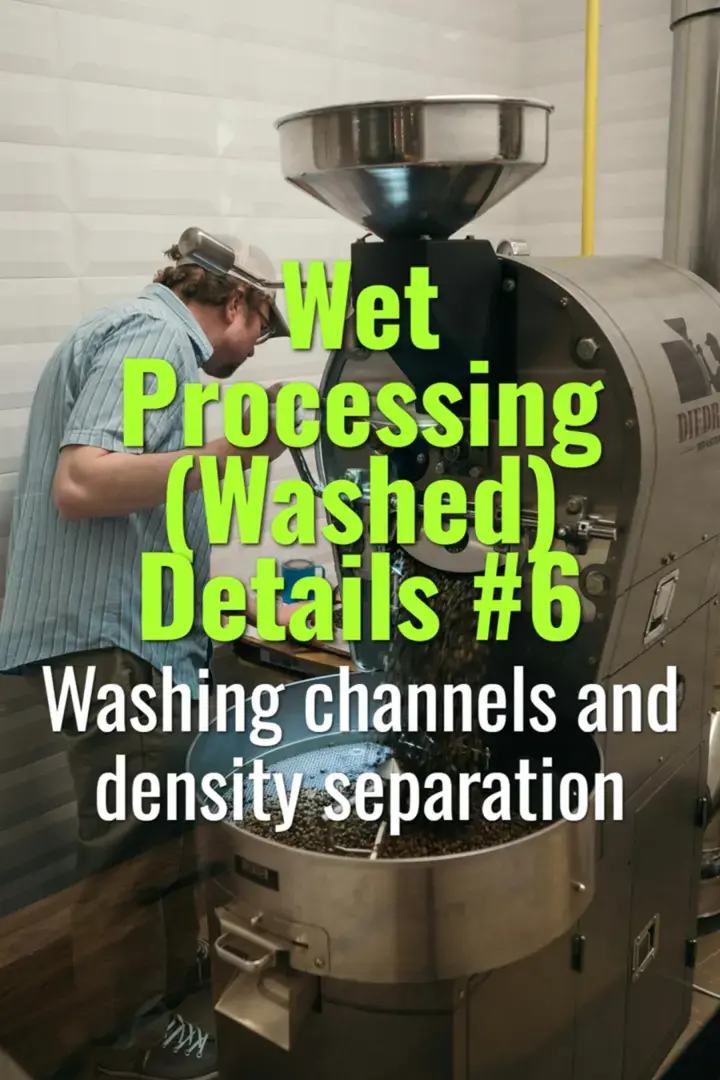
This topic explains how washing channels and density separation are used in washed coffee processing to remove defects, improve uniformity, and enhance final cup quality.